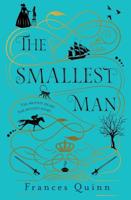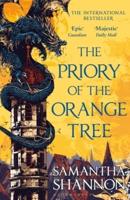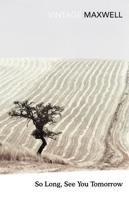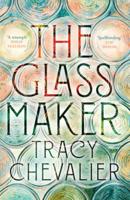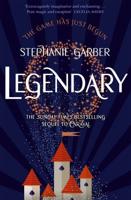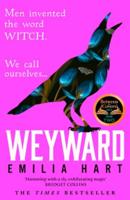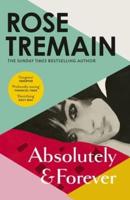Publisher's Synopsis
Troilus and Cressida is a tragedy by William Shakespeare, believed to have been written in 1602. It was described by Frederick S. Boas as one of Shakespeare's problem plays. The play ends on a very bleak note with the death of the noble Trojan Hector and destruction of the love between Troilus and Cressida. The work has in recent years "stimulated exceptionally lively critical debate".The biggest reason to choose The Penguin Shakespeare edition of "Troilus and Cressida" is for the editor's devastating and insightful commentary on the play. The editor is Jonathan Crewe, of Dartmouth College. The way Professor Crewe sees it, Shakespeare was unimpressed with the great events and personalities of Homer's "Iliad," on which "Troilus and Cressida" is based. To the Bard, the story of the Trojan War was more dubious than inspiring. Crewe writes: "'Troilus and Cressida' questions the heroic legend of the Trojan War and strips its leading characters of their legendary charisma, revealing an often shameful although humanly recognizable underlying reality." Shakespeare even questions whether or not the opposed parties of the war really do represent opposing civilizations on whose respective victory or defeat the future of the world depends. Tellingly, the English poet puts these words into the mouth of his character Thersites: "All the argument is a whore and a cuckold." For Thersites (and by extension Shakespeare), the great events of the Trojan War boil down to little more than farce. In the First Folio, "Troilus" was labeled a tragedy. Performing arts critic Cynthia Greenwood perhaps put it best having referred to the play as a mixture of dark comedy and bitter tragedy. Also, as we shall see, the play is as relevant as today's headlines.

